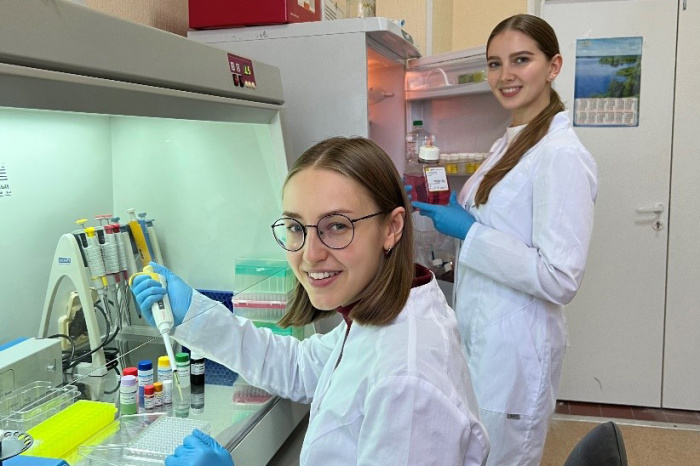
Сreation of peptide compounds that inhibit biofilm formation by antibiotic-resistant bacteria
Biofilms are communities of microorganisms attached to various surfaces and showing increased resistance to antimicrobial agents. It is believed that about 70% of human infectious diseases are biofilm-associated.
Researchers at the Research Laboratory of Alternative Antimicrobial Biological Agents of WCRC for Personalized Medicine have developed and studied chemically synthesized peptide compounds that are active against biofilms formed by antibiotic-resistant Gram-negative bacteria Pseudomonas aeruginosa and Acinetobacter baumannii.
These compounds are based on natural antimicrobial peptides, which are contained in the cells of the innate immune system of humans and animals, in particular, neutrophils, and provide protection against infection.
It has been shown that the created peptides prevent the formation of biofilms by antibiotic-resistant bacteria obtained from patients with severe nosocomial infections. In addition, scientists have found that the antibiofilm activity of peptides can be greatly increased when they are used together with silver nanoparticles, as well as some antibiotics or antiseptics.
The scientific development of the researchers of the WCRC for Personalized Medicine and further research in this area will make it possible to find the most effective ways to combat antibiotic-resistant bacteria by preventing biofilm formation.
17.11.2022
